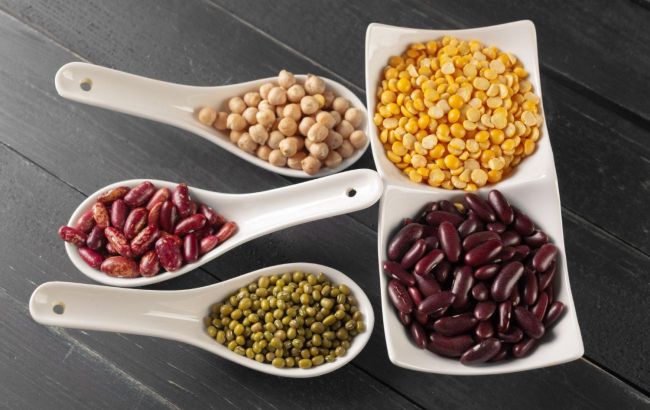This budget-friendly product can help with weight loss and lower blood pressure
 Health benefits of beans (Photo: Freepik)
Health benefits of beans (Photo: Freepik)
To lose weight and feel good, one budget-friendly item from the grocery store can help. Regular consumption of black beans may aid in weight loss, lower blood pressure, and regulate blood sugar levels, according to a National Library of Medicine study.
Benefits of beans
Researchers have found that the more beans women include in their diet, the lower their body fat percentage and the smaller their average waistline.
Dietitian Amy Alexander explained that the best weight-loss foods are those high in fiber and protein, low in calories, and have a low glycemic index.
Beans meet these criteria without increasing costs, helping to regulate insulin levels and providing sustained energy due to their ample supply of complex carbohydrates.
The high fiber content in beans can also help maintain satiety longer by delaying stomach emptying. Consuming one serving of black beans daily can provide up to one-third of the recommended daily fiber intake: 21 to 25 grams per day for women and 30 to 38 grams per day for men.
Longevity studies worldwide show that consuming an average of one cup of beans per day offers protective health benefits and contributes to a lower average body weight.
Black bean skins contain 40 times more antioxidants than white bean skins.
Make beans a regular part of your whole-food-based diet to gain these benefits and improve overall health. Aim for a cup of beans a day and explore a variety of options.
Drawbacks of beans for health
Despite their healing properties, beans have certain contraindications. Consuming them raw is strictly prohibited due to the presence of a toxic substance called hemagglutinin, which can cause nausea, abdominal pain, and even diarrhea.
Beans are not recommended for individuals with gout, nephritis, gastritis with increased acidity, peptic ulcers of the stomach or duodenum, colitis, pancreatitis, or cholecystitis.
This is because beans can exacerbate these conditions. The consumption of beans is also advised against for the elderly, as their enzymatic capabilities are reduced, leading to difficulties in digesting beans.

